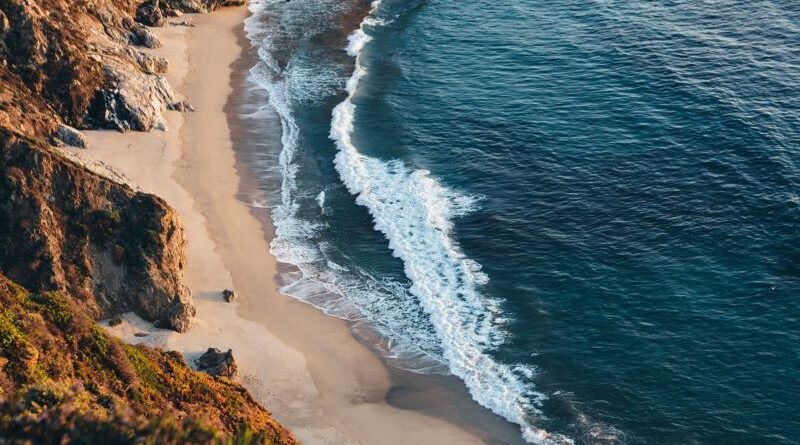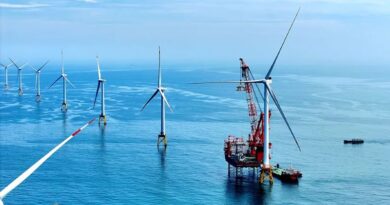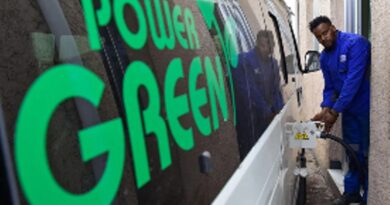International Islamic Trade Finance Corporation and RVCMC sign MOU for ‘The Blue Carbon Generation Project‘
The International Islamic Trade Finance Corporation, a member of the Islamic Development Bank (IsDB) Group, signed a Memorandum of Understanding (MOU) with the Regional Voluntary Carbon Market Company (RVCMC) aimed to assist the Republic of Maldives in achieving its sustainability goals and addressing climate change’s impact.
The project aims to assess the potential and feasibility of generating “Blue Carbon Credits” from the Maldives Coastal Ecosystem (mangroves forests and seagrass meadows) and to facilitate the sale of generated credits to carbon markets. This agreement was signed between Eng. Hani Salem Sonbol, CEO of ITFC and Riham ElGizy, CEO of RVCMC on the sidelines of the IsDB Group Annual Meetings held in Riyadh.
Commenting on the signing of the agreement, Eng. Hani Salem Sonbol, CEO of ITFC stated: “At ITFC, we prioritize sustainability in all our interventions aimed at supporting our Member Countries. Our commitment is to assist in the fight against climate change by partnering with national and regional efforts. This new collaboration with RVCMC and the Republic of Maldives is significant as it demonstrates the growing interest of our Member Countries in carbon credit. It also provides an opportunity for the Maldives to achieve its sustainability goals, which will benefit the population and the local economy.”
Riham ElGizy, CEO of RVCMC said, “The voluntary carbon market scales projects that mitigate the impact of climate change and promote sustainable development, and we see significant potential in developing blue carbon projects in the Maldives. By integrating carbon reduction and removal initiatives through the preservation and restoration of coastal habitats into its broader sustainability agenda, we believe that the Government of Maldives can achieve lasting positive climate impacts.”
This collaboration with RVCMC marks a milestone towards ITFC’s ambition to align with global environmental, social, and governance (ESG) practices and integrate environmental conservation with sustainable economic development, benefiting both the Maldives and the global fight against climate change.




